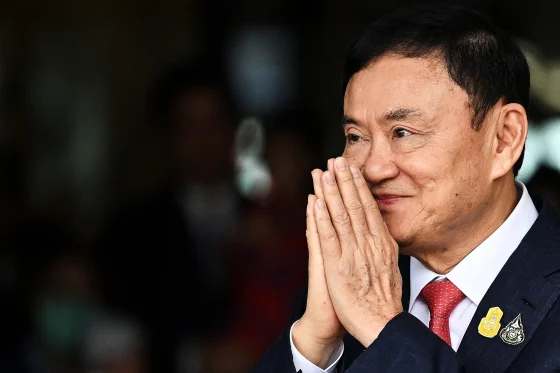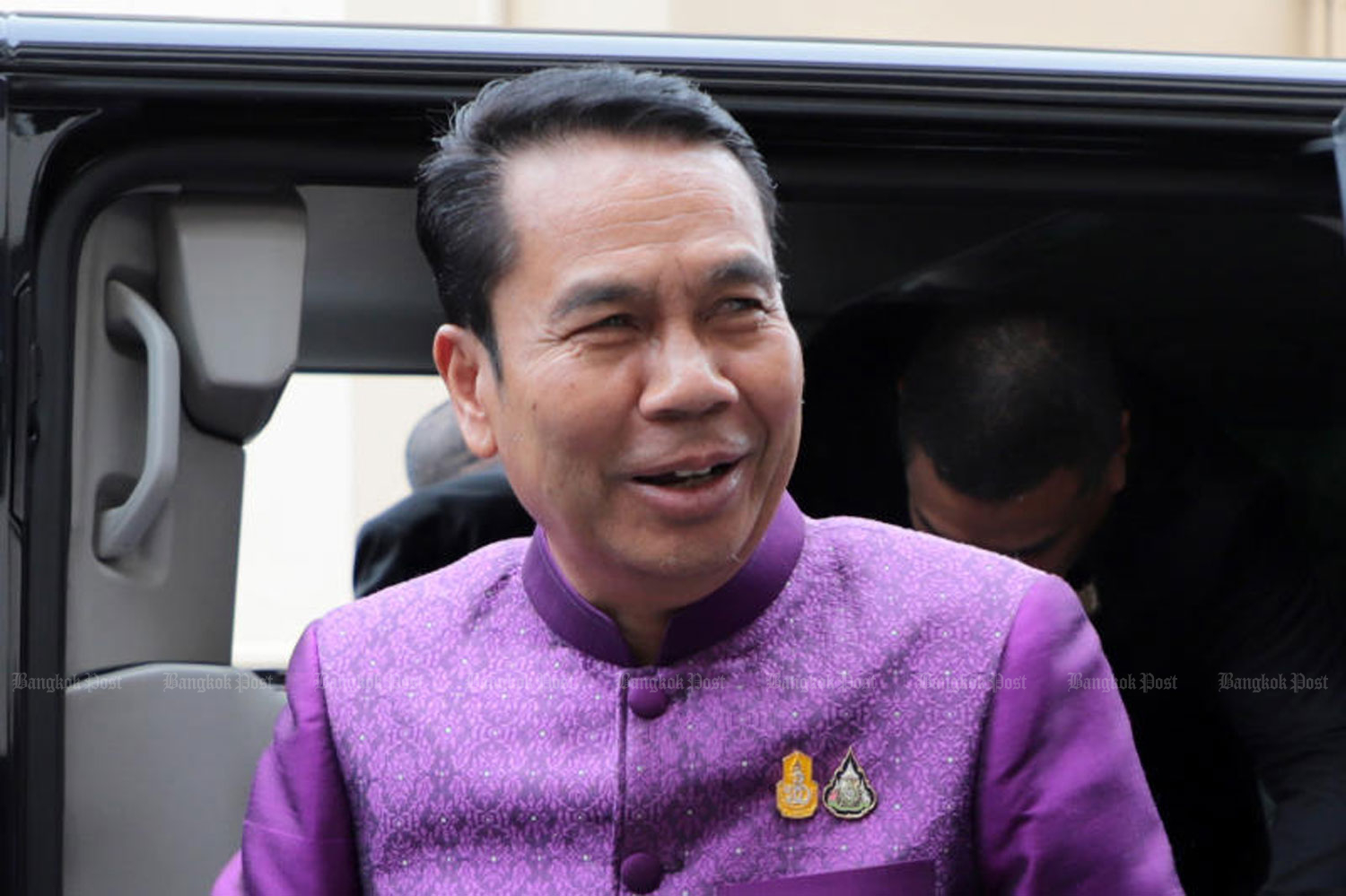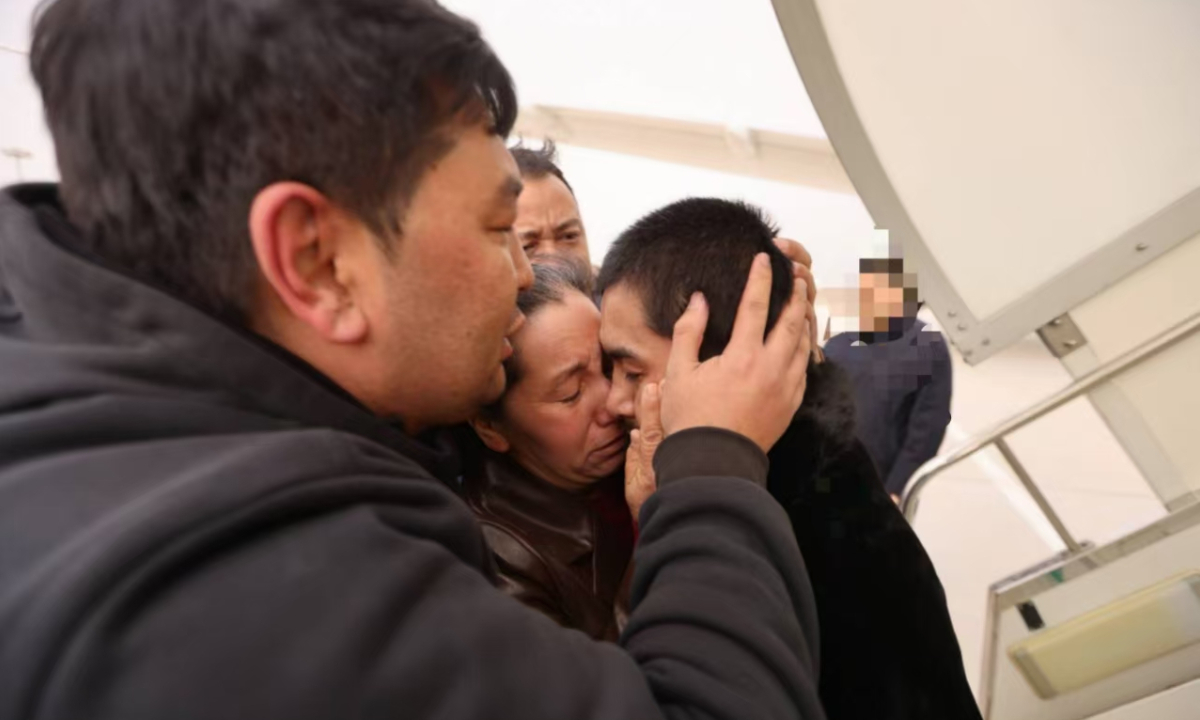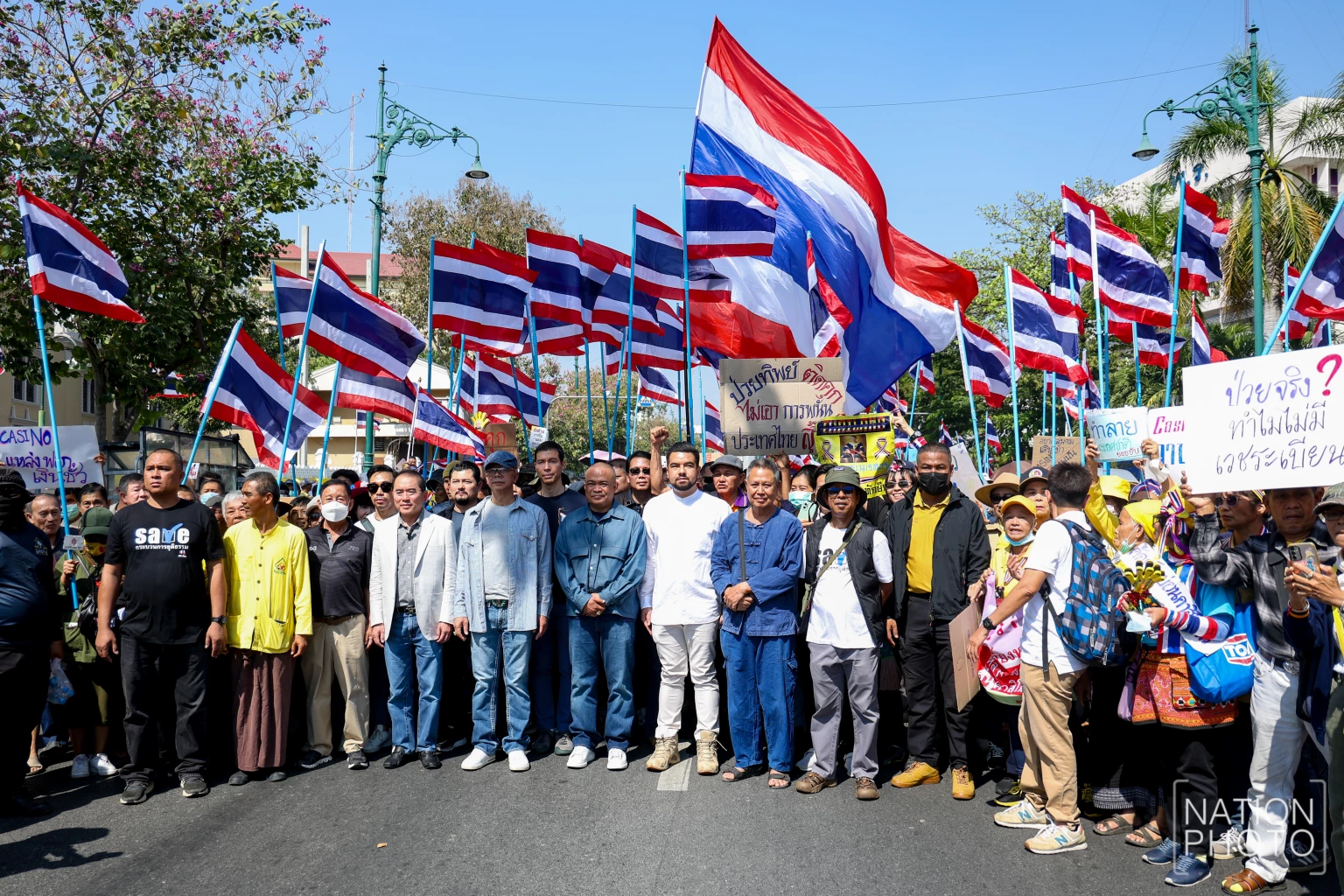Constitutional Court’s Verdict
Srettha Thavisin Removed from Office
Thailand’s political landscape was shaken on August 14, 2024, when the Constitutional Court dismissed Prime Minister Srettha Thavisin from office. The court found Srettha guilty of an ethics violation, citing his appointment of a cabinet minister with a tainted legal history. This decision, reached by a narrow 5-4 vote, has thrown the Southeast Asian nation into a fresh bout of political uncertainty.
Immediate Aftermath
Pheu Thai Party’s Swift Response
In the wake of Srettha’s removal, his Pheu Thai Party moved quickly to nominate a new prime ministerial candidate. The party initially considered 75-year-old Chaikasem Nitisiri but ultimately decided against this option due to his controversial stance on certain legal matters. This rapid response underscores the party’s determination to maintain its grip on power amidst the unfolding crisis.
Political Implications
Potential Unraveling of Establishment Deal
Srettha’s ouster may signal the possible unraveling of a delicate political agreement between the Pheu Thai Party and pro-establishment forces. This deal had previously facilitated the return of former leader Thaksin Shinawatra from self-imposed exile. The current upheaval, coupled with Thaksin’s recent indictment in a royal defamation case, suggests a shifting balance of power within Thai politics.
Economic Concerns
Market Reactions and Policy Uncertainties
The dismissal of Srettha has raised concerns about Thailand’s economic trajectory. Key economic policies, including a controversial $14 billion cash handout program, now face potential delays or alterations. Financial markets reacted to the news, with the nation’s benchmark stock index experiencing fluctuations, reflecting investor unease about the country’s political stability and economic outlook.
Future Leadership
Potential Prime Ministerial Candidates
As Thailand grapples with this latest political crisis, several names have emerged as potential candidates for the prime minister’s position. These include Paetongtarn Shinawatra, Thaksin’s 37-year-old daughter, as well as leaders from other political parties such as Anutin Charnvirakul of the Bhumjaithai Party and representatives from military-backed and royalist factions.
Broader Context
Thailand’s Ongoing Democratic Struggles
This recent development is part of a larger pattern of political instability in Thailand. The country has long grappled with tensions between pro-democracy groups and conservative, pro-royalist factions. The Constitutional Court’s decision to remove Srettha, following closely on the heels of its dissolution of the opposition Move Forward party, highlights the ongoing challenges to Thailand’s democratic processes.
International Perspective
Global Reactions and Regional Implications
The ousting of Prime Minister Srettha has drawn international attention, raising questions about Thailand’s political trajectory and its implications for Southeast Asian regional dynamics. As Thailand navigates this latest crisis, the international community watches closely, considering the potential impacts on diplomatic relations and regional stability.









